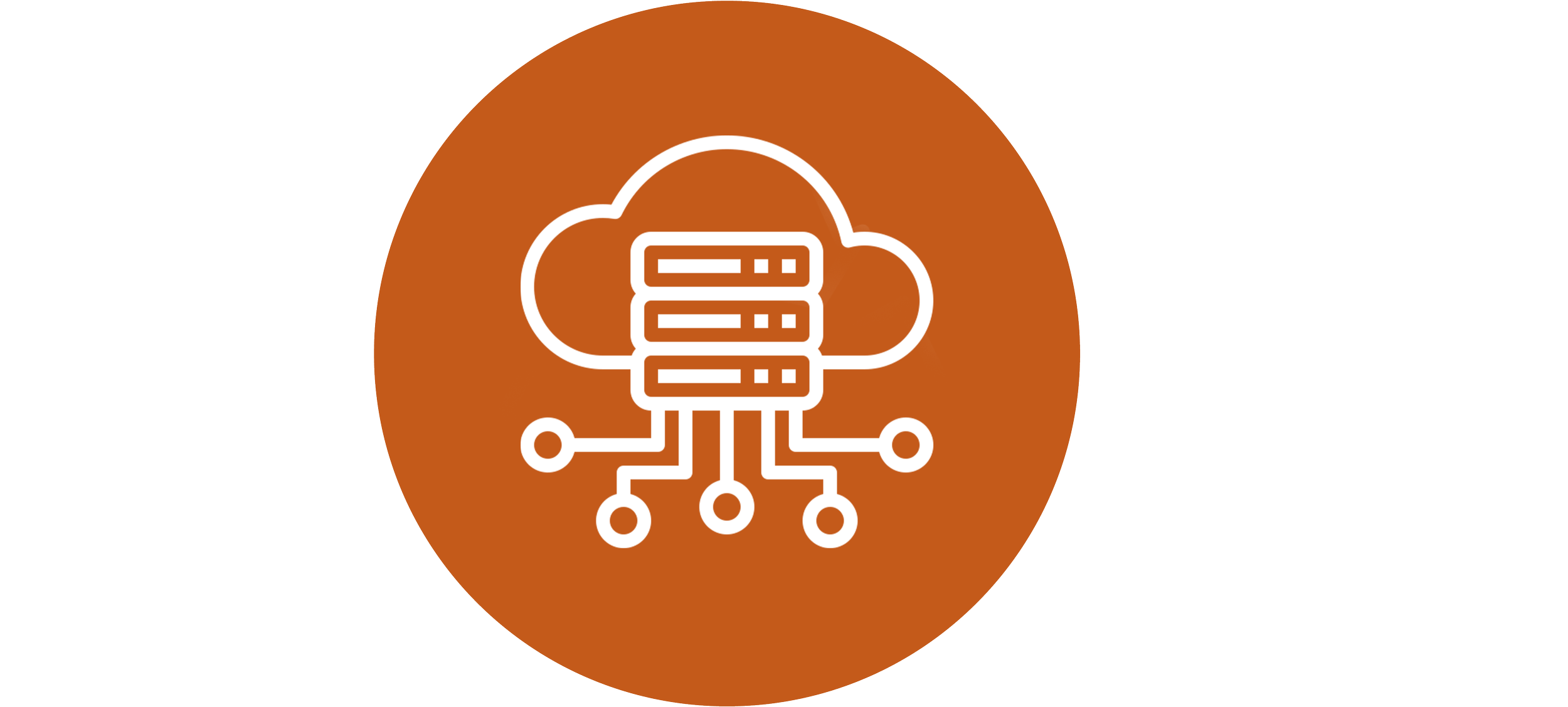
About
ECOSYSTEX
With 80+ EU-funded member projects focusing on textile sustainability, ECOSYSTEX, the European Community of Practice for a Sustainable Textile Ecosystem, has been formally launched in early 2023, with a mission to accelerate collaboration in the textile sustainability & circularity field. In 2025, the platform expanded its scope to include EU-funded projects in the field of skills and education, strengthening the link between innovation, workforce development, and the green and digital transition of the TCLF sectors.
Supported by the European Commission’s HORIZON Europe programme and the Circular-Biobased Europe Joint Undertaking, and facilitated by the Textile ETP, this network of textile circularity projects aims to create a long-term community of practice, ensuring collaboration across project consortia and lasting beyond the individual projects’ durations.
What is the focus of ECOSYSTEX?
Interproject collaboration
With ECOSYSTEX, we foster interproject collaboration by sharing best practices and exchanging/creating new knowledge to advance sustainable and circular business practices in the European textile ecosystem.
Engagement with policymakers
We engage with policymakers and public programme managers, to help them design effective policies and programmes and support their implementation to foster textile circularity and sustainability.
Dissemination
ECOSYSTEX ensures the interested public expert community can be informed about the latest developments and results of EU research and innovation projects addressing textile sustainability and circularity.
Why now?
In recent years a growing number of research and innovation projects have been funded under the EU’s Research Framework Programmes in the field of textile sustainability and circularity, as a result of the European Union's focus on the sustainable transition of the EU economy and society as part of the EU Green Deal.
In its 2022 EU Strategy for Sustainable and Circular Textiles, the European Commission presented a vision and related European policy objectives for a green and digital transition of the European textile ecosystem. The strategy focuses on key textile sustainability aspects, such as eco-design, waste and pollution prevention, safe and biobased materials, circular material flows, responsible supply chains and new business models, etc. The research and innovation work carried out by these EU-funded projects could be overlapping and duplicative or it can be complementary and cross-fertilising.
The ECOSYSTEX community will make sure the latter is the case.
The important feature of ECOSYSTEX is the collaboration between academic and applied researchers, technology developers, textile industry experts and other stakeholders from across Europe.
An arsenal of new knowledge and innovative technological solutions are resulting from collaborative research projects and programmes across Europe, but information about their results is fragmented which inhibits take-up and scale-up. It also means that policy makers and other stakeholders may miss out on latest data and insights that could make their legislative or implementation initiatives more relevant, specific and impactful.
In parallel, fostering collaboration among EU-funded skills and education projects has become increasingly urgent to ensure coherent and impactful responses to the evolving needs of the textile, clothing, leather and footwear (TCLF) ecosystem. One key aim of ECOSYSTEX is to support EU-level objectives (such as the Pact for Skills, the Union of Skills, and related policy goals) through joint activities, greater visibility, and stronger coordination. Promoting skills development is essential as a driver of sustainability, circularity, digitalisation, and innovation within the TCLF sectors. The idea for integrating skills-focused EU projects within ECOSYSTEX grew out of Task 2.4 in the AEQUALIS4TCLF project, which explores synergies with external skills initiatives to maximise their impact and alignment with European policy priorities.
ECOSYSTEX aims to become the central European knowledge hub and go-to resource for latest research work and technology state-of-the-art information on all matters related to textile sustainability and circularity.
ECOSYSTEX Working Groups
5 Technical Working Groups
Environmental Assessment & PEF
This group aims to create synergy between the textile supply chain's needs regarding environmental assessment and the available or soon-to-be-available data, methods, and regulations (such as LCA).
Assessment of Recycling Technologies & EoL Options
This group works to obtain a comprehensive view of recycling and end-of-life possibilities, not only within the participating projects and entities but also beyond them.
Eco-design for Safe & Sustainable Materials, Products & Processes
This group contributes to the alignment between projects to address the Safe and Sustainable by Design (SSbD) strategy and the upcoming Eco-design for Sustainable Products Regulation (ESPR) related to the textile sector.
Renewable Materials & Standards
This group exchanges knowledge and information on topics related to bio-based and recycled materials, including their availability, processing, classification, policies for their value chain implementation, and related standards and labels.
Circular Textile Data
This group drives the scaling of circular textiles by prioritising data uses, aligning minimum requirements, co-developing open and ECOSYSTEX-only resources, addressing private sector exchange needs in line with policy and EU data spaces, and connecting digital services across value chains.
3 Horizontal Working Groups
Research & Innovation Gaps & Needs
This group collects input on knowledge gaps and research needs in textile sustainability and circularity, occasionally making this information available to policymakers to facilitate effective policies.
Joint Dissemination
This group focuses on communication and dissemination, particularly of the results of the research and innovation by ECOSYSTEX project members.
Skills & Education
This group fosters collaboration among EU-funded skills and education projects to address shared challenges, promote skills development, and support EU-level objectives and policy goals across the TCLF ecosystem.













